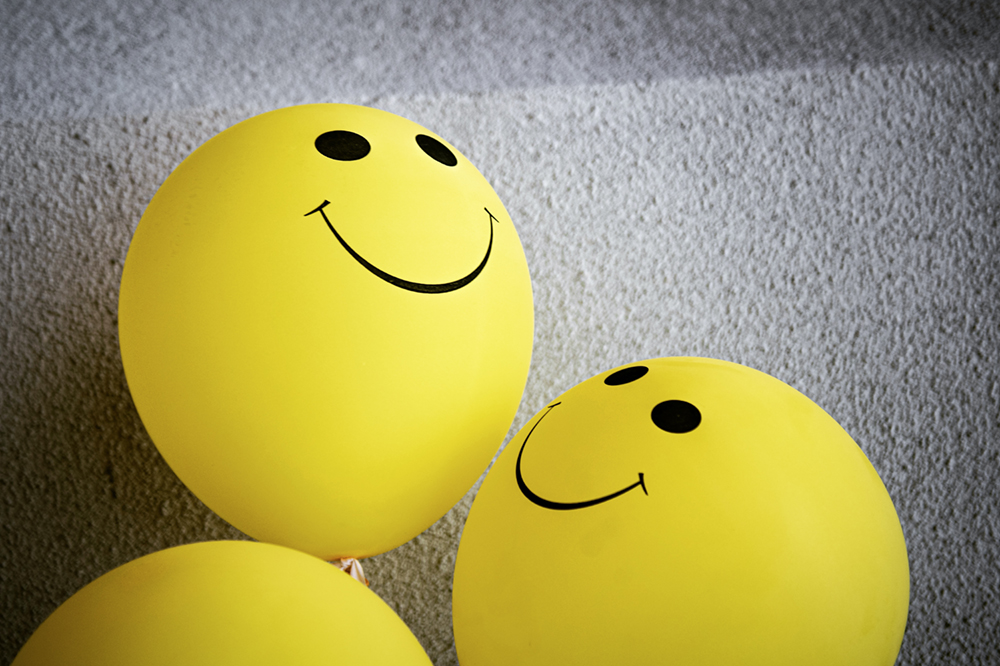
Toxic Positivity: What it is, How it Hurts & What to Say Instead
Dr. Caroline Leaf – In this podcast (#359) and blog, I talk to therapist and author Whitney Goodman about her new book on toxic positivity, why good intentions are sometimes not good enough, and more!
As Whitney notes in her new book, toxic positivity tends to shut down conversations and often stops people from truly connecting—especially when it comes to the hard “stuff” we all face as we live our lives. Even if someone is just trying to be nice by saying things like “everything happens for a reason” or “remember, the glass is half full”, the person sharing their pain and struggles can feel silenced by these seemingly innocuous platitudes. It can make the person struggling feel like their distress is making the other person uncomfortable or scared, which often feels like rejection.
Yes, trying to be positive is not necessarily a bad thing. It can, however, become toxic when we shame ourselves for having normal human emotions by saying things like “I have so much to be grateful for” or “it’s not such a big deal” when we feel sad, angry, or distressed.
Even positive affirmations can become toxic. If we say something to ourselves that we do not truly believe, we can experience a disconnect between where we are in life and what expectations we place on ourselves, which can lead to guilt, shame, and a feeling that there is something intrinsically wrong with us. There is essentially a large gap between what we say and what we believe, and this can have a significant impact our mental wellbeing.
Instead of trying to plaster over or ignore this gap, we should try to sit with the pain and discomfort and get to the root of why we feel the way we do, or what the person sharing their struggles with us is actually trying to say. We shouldn’t run just away from uncomfortable emotions. We are not designed to be happy all the time. In fact, when we suppress our painful emotions, we weaken ourselves, mentally and physically.
Yes, we may have the best of intentions when it comes to ourselves and others, but sometimes that is not enough. When it comes to what we say to ourselves and what we say to others, it is far better to think about what impact our behavior will have.
Indeed, if we are trying to support someone, we should ask them how we can validate what they are going through in a way that works for them, not in a way that feels good for us. As Whitney points out, positivity and good intentions can quickly become toxic if we don’t pay attention to the timing, our audience and the topic.
Toxic positivity can also show up in different ways on a societal level, including as racial prejudice. Using phrases like “let’s all just love each other” when talking about race can invalidate the pain and traumatic experiences that many people face on a daily basis. When we use positivity in this way, it shuts down open and honest communication. As a result, we run the risk of not making the personal and societal changes that need to be made, which will only make things worse in our society. We should never use positivity to hide the ugly—in our life or in our communities.
Part of dealing with toxic positivity is learning how to complain better—yes, you read that right! When done excessively, complaining can be unhealthy. But complaining is not just a “bad” thing. When people know what they want to complain about (the facts), what they want to change (the results), and how to/who can make this change happen, complaining can be quite effective in making actual change happen. Indeed, when these complaints are listened to with compassion and understanding, it can be quite therapeutic for the people involved. However, when these three things don’t line up and become a toxic loop, or are just met with random platitudes, then complaining can become unhealthy.
To read the original article click here.






